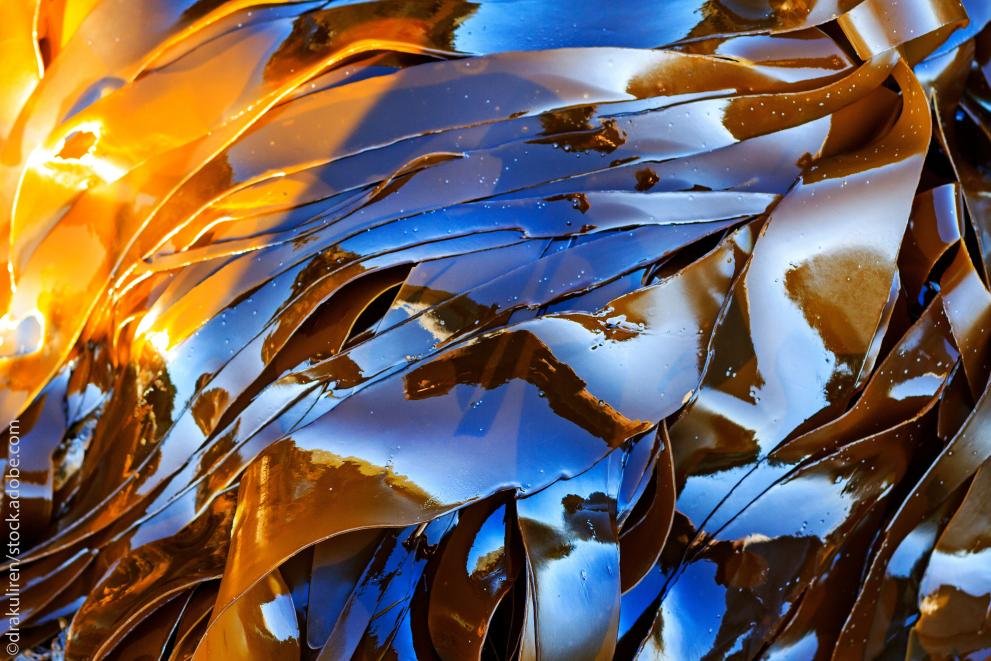Friday, 27 February 2026
EU adds 20 algae species in Novel Food Status Catalogue
The addition of the new species to the Novel Food Status Catalogue is a game-changer for the algae industry in Europe More than 20 algae species have been added to…

The addition of the new species to the Novel Food Status Catalogue is a game-changer for the algae industry in Europe
More than 20 algae species have been added to the EU Novel Food Status Catalogue. Thanks to collaborative efforts of the European Commission and EU Member States’ competent authorities, they can now be sold on the market as food or food supplements.
It not only eliminates a bottleneck in the development of the sector but also saves the industry significant time and money. This should result in a shortened process for the marketing authorisation of algae products, leading to an estimated cost savings of at least €10 million for the algae industry in the EU.
The addition of the new species to the Novel Food Status Catalogue is a game-changer for the algae industry in Europe. Previously, only very few types of algae were considered non-novel foods or non-novel food supplements in the EU. The updated catalogue includes now more than 60 entries, covering several species of microalgae and seaweed-derived products (such as extracts, or oils).
Since these algae species have traditionally been used as food in any EU country, producers can now bring their products to market without having to obtain a pre-market authorisation.
All the EU food and safety regulations – such as the General Food Law (Regulation (EC) No 178/2002) –apply to these products.
Overall, the expanded list of recognised algae species is a win-win for producers and consumers. It promotes innovation and diversity in the food and supplement market while ensuring that consumers have access to safe products.
Technology
Ingredion Thailand Achieves 100% Sustainably Sourced Cassava
Feb 27, 2026 | Company News
Deakin University and Bellarine Foods Partner to Develop Sustainable Marine-Derived Proteins
Feb 26, 2026 | Australia
Royal Unveils Refreshed Jute Bag Design for 20lb Authentic Basmati
Feb 25, 2026 | Company News
Food Testing
Australian Medical Bodies Push for Compulsory Health Star Labelling
Feb 24, 2026 | Australia
Tim Hortons Singapore Secures Majlis Ugama Islam Singapura Halal Certification Ahead of Ramadan
Feb 23, 2026 | Company News
More Popular
Fagron Acquires Pharmavit Europe for €68Mn to Expand Nutraceutical Portfolio
Feb 27, 2026 | Company News
Arla Foods Invests EUR 300Mn in New Cheese Dairy in Sweden
Feb 27, 2026 | Company News
Beyond Meat Broadens Portfolio Beyond Protein with Sparkling Plant-Based Drink Line
Feb 27, 2026 | Beverages






